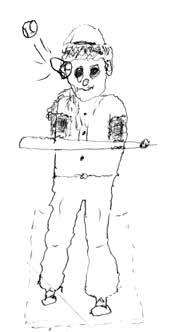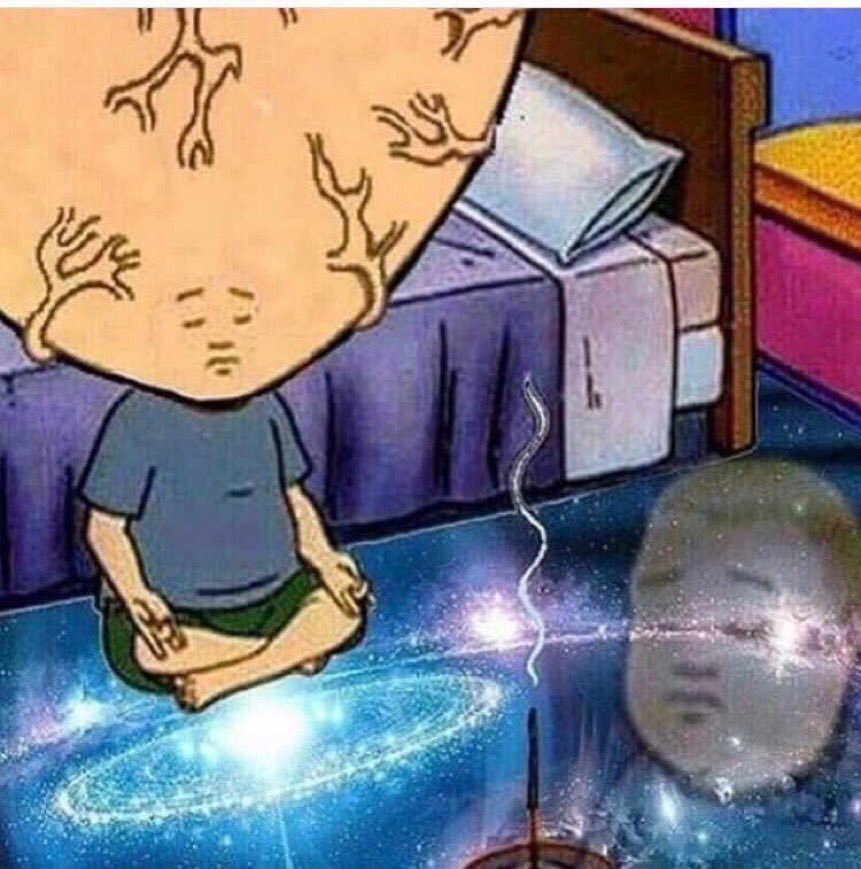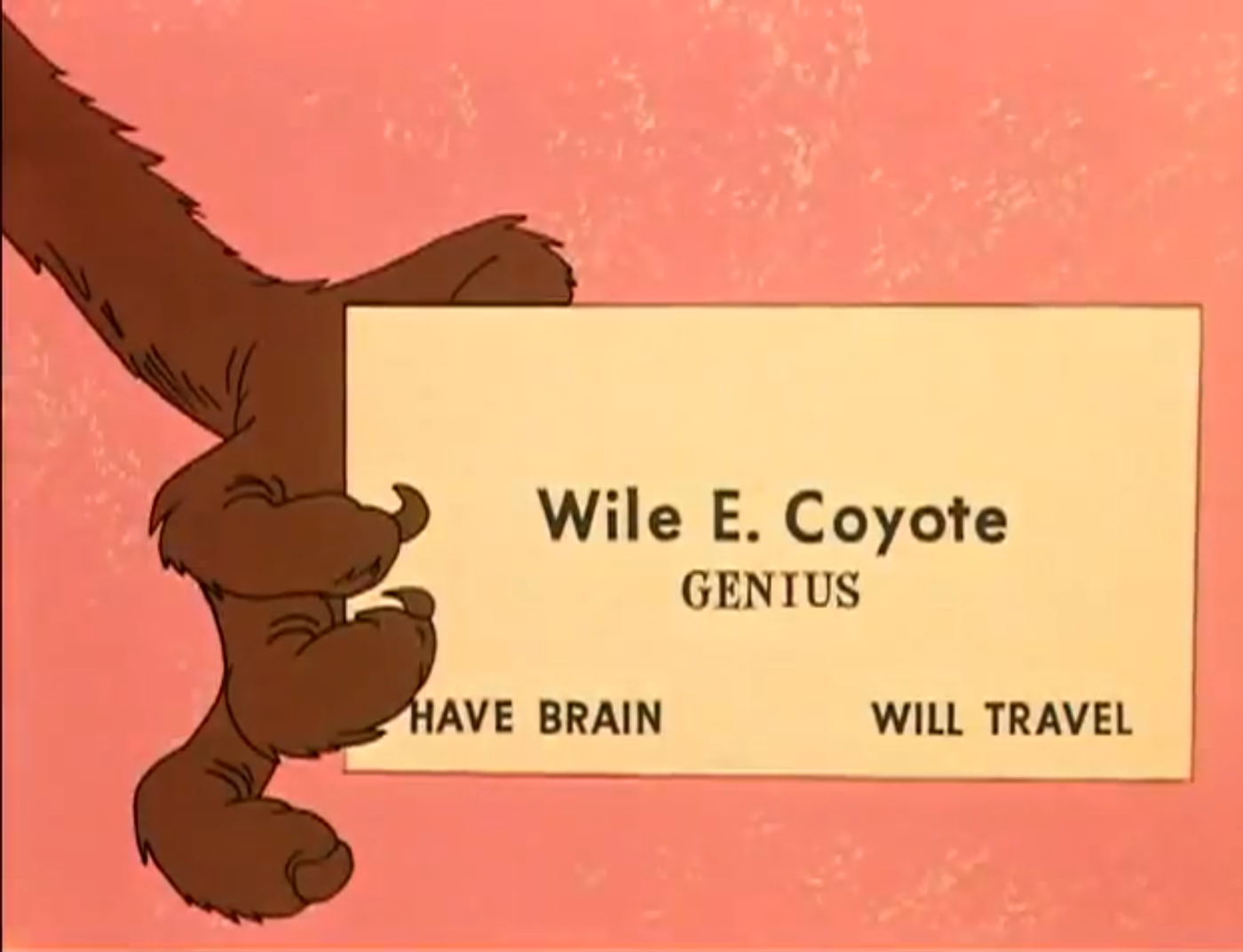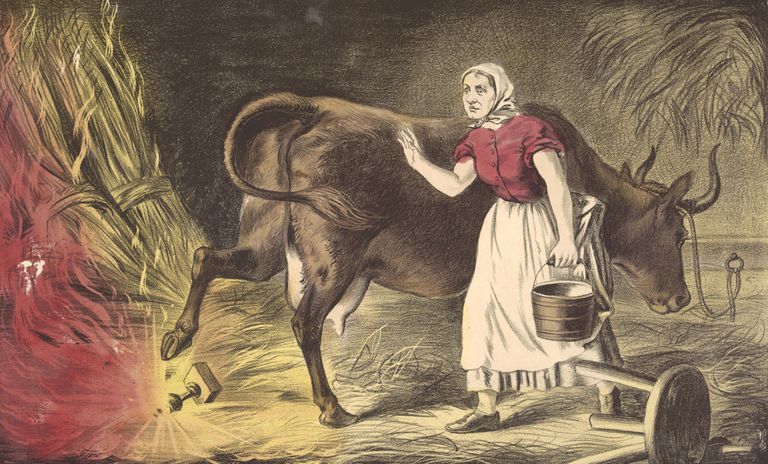Published in ON / Rules. Fall 2019. ︎
Editor’s Letter
This is a book about abstractions (rules) and following them and breaking them and writing about them and visualizing them and grinding them to dust. It is about consequences and the lack of them and who exactly is privy to them. It is about— I am having a hard time writing just on rules—as in, the Merriam Webster dictionary lists rule as a noun, meaning a prescribed guide for conduct or action and the exercise of authority or control and a usually valid generalization. When morphed into verbs these become modes of being, of ruling and liberating and following and measuring and organizing and and and. But you know that, which makes writing on this difficult—I am preaching to the choir. I am uninterested in collecting a list of rules and nailing them on the church door. Instead, I will discuss moments of breaking and bending and following and ordering that convinced me this was a good subject to revolve a book around. A variety of anecdotes floating in my noggin and desperately seeking a way out. Some validation.
I. I am seated in a living room, one of mid-century grandeurs and with various bills strewn about, to discuss a book my grandfa-ther has written over the last forty-or-so years. Our conversation is stunted; as he once worked for the railroad, the decades of track-side maintenance have left him almost entirely deaf (he is much too stubborn to seek a hearing aid or learn asL), and he tends to be a one-sided talker. Presenting me with a decaying manila folder containing hundreds of documents, photographs, and yellowing handwritten notes, Bob asks me to publish his guidebook, so the children “may learn the rules of the game.” The written rules are repetitive and banal, akin to what a Little League coach would drill into the players’ five-year-old heads, such as the advice to drop the bat after you hit a ball. Easy stuff. Other quips are mind-boggling and overly blunt in their delivery, such s the irrefutable advice to develop habits by “just remembering to do them a few times.”
It is the repetition of a rulebook that likely exists and was likely published by some sort of international baseball organization, though I will not look it up. I like to think my grandfather is the only human with the insight to write all these bits down.
I agree to publish this book, an attempt at reconciling my child-hood resistance towards playing softball. He sends me back to Chicago with a gallon of potato salad and a drink koozie that reads, “Beauty is in the eye of the beer holder.” Every few months a letter arrives in the mail with a new sentence or drawing or photograph or song lyric (most recently, Take Me Out to the Ballgame) that absolutely needs to be in the book.
II. I decide I need to begin watching films, even movies. Every day after work I find myself watching an episode of King of the Hill with a beer, and then journaling later that I feel my youth and life slipping away from me. This will solve my problems.
I take a friend’s hBO login, I take a friend’s Criterion Collection login, I make a new email every month for a free Hulu account, I subscribe to the New York Times “What to Watch” weekly e-blast (which I am particularly ashamed of). I am bored at work and write down a list of films I have never seen, like Some Like It Hot and Cleo 9–5 and some old westerns because I might as well see what that is all about. John Wayne will pull me out of this creative rut. I pin the list to my wall and finish the twelfth season of King of the Hill.
I tell myself months later that I need to stick to my list, that depression is not an excuse. I sit down one evening with The Trouble with Angels, which I pick for the Catholic school uniforms in the thumbnail movie poster. The Criterion Collection stream-ing service doesn’t let you just watch the movie, so they tell me all about the actors and the director, Ida Lupino. Lupino, according to IMDb, acted in 105 productions, directed 41, and produced two. The most prominent is Gilligan’s Island, which I often watched on rainy mornings at my neighbor’s home. 148 productions, in total, seems a bit excessive. The Trouble with Angels follows two teens, Mary and Rachel, as they are enrolled and spend their entire high school careers at the boarding school St. Francis Academy, which seems infinitely kinder and much more tolerable than any Catholic school I attended or heard my father lament. St. Francis is run by Mother Superior, who quite constantly wants to expel the girls, yet also wants to give them grace; she is a God-fearing woman. Over their years they play pranks and skip class and smoke so much weed in the church basement that the fire department is called. They poke fun at the nuns in a way that I—someone who endured extensive religious education—appreciate. The film has its audience. It ends with Rachel leaving on a train towards her ambivalent future and Mary deciding to become a nun—an odd twist. Mary is an orphan and has found her family in the sisterhood, and Rachel is quite mad that Mary will never be a real, sexually active person (which is, of course, for you to decide). The problem is that it made me cry a lot and appreciate the oddities of Catholicism and the ways in which this massive religious body functions as a business, one involved in so so so much corruption.
How did she do that? Trigger some love of God or love of love? It’s the type of movie where you can tell a woman directed it.
III. My coworker, an accountant, complains endlessly about bills, money, cash flows, payroll. I ask him, “Don’t you ever think about capitalism ending? You wouldn’t have to worry about your bills.” He replies, “Nope, never thought of that.”
IV. I learn of the fire—not fire of the small drop that holds itself above a candle or the blue gas of a stove, but real destructive, enveloping fire—when I am seven. A house near my parents’ burned to the ground without leaving a trace. The unfortunate result of two elementary schoolers home alone with a micro-wave. My father loads me in the car and drives to the site. “You see that?” he says, “If you ever leave a candle on or mess with the oven, this is what will happen. Our home will burn down with all of us inside. That’s just how it goes.” I live the next couple of years unhealthily afraid of fires or what looks like them; I am eight and begging for fire-escape ladders for Christmas. I am in the school library reading up on the properties of fire and combustion.
Fast forward, and I have been obsessed with the image of burning—perhaps this was fueled by attending a screening of Fyre, or feeling so burnt-out that I couldn’t possibly give a shit about graduating or the ensuing job search, or the stark contrast between the images of the poppy super-bloom outside of Los Angeles and those simultaneous ones of the rest of the state burning down, as privately-funded firefighters saved “the rich and the famous,” and incarcerated people were forced to fight alongside for nearly no pay, or the image of Notre Dame and hundreds of small religious spaces around the world burning and the odd sadness it deposits despite rationally knowing the church should burn. This morning I awoke to sympathetic Americans posting their hashtags of solidarity with the Amazon, which is burning now too, while the other Amazon thrives and sends targeted ads my way, encouraging me to take a tour of their nearby factory (The conditions really aren’t that bad! Look!). But perhaps fire feels relevant as a means to describe the last four years of institutional learning, the last 22 years of living on this planet, or the last four-point-something billion years of Earth’s existence, because this place is literally on fire. I’m burning out.
V. I begin working in an office full-time. I worry I am a sellout. I make barely minimum wage but “wow you’re salaried!” I threaten to quit. I get a raise and dental insurance for the first time. My teeth will sparkle. I’m definitely a sellout now. I pay off my debt. I grow old, weary. My mother gifts me a painted sign that reads, “Cubicle Sweet Cubicle.”
I do not think I have any answers, which seems to be why I am the editor instead of the author. I am compiling reflections on rules in this book, which will likely not answer anything either, just muddle and expand. Expand! While sequencing this issue, all the pieces spread out in front of me, I realized just how impressive and good the work published here is, how many angles and mediums gathered. To illustrate—Daniel Brookman crafts a beautiful short story utilizing tropes of Sci-fi world-building: a machine, which makes machines, which makes machines, which makes machines... Josh Rios and Matt Joynt collaborate on a prose-filled essay across 14 sections, each one offering a unique analysis on the siren’s historical implemen-tation as a carceral tool. Guanyu Xu’s images, part of the series Temporarily Censored Home, meld installation and photography, as he reflects on his experiences as a gay man coming of age in a conservative home. Chloe Munkenbeck presents a visual essay—an unorthodox theatrical production—which details the inner workings of airport security technology; then, appropri-ately, Ali Tomek writes on her deep fear of flying. Poems, images, and essays are woven together into something that is somehow coherent and unruly (ha!).
I have many people to thank, as many people sit by my side and listen to me lament deadlines and editing and working and other woes—I am dramatic. First, I thank Lucas and Austin of Shelf Shelf! Lucas, for both being one of my dearest friends and also designing and printing ON. Thank you for pressuring me to follow deadlines (if you did not, this book would not yet exist!). Austin, for your design work and humor and for coming up with this theme on a whim and for letting me steal it. Thank you to all the contributors and artists featured, who agreed to be a part of ON and letting us print your (in my humble opinion, amazing!) work. Thank you to my friends and loved ones who know that I love you, but I will not list due to fear of missing someone. Thank you to Row for sitting next to me as I write this. I hope you enjoy this issue.
It’s our biggest and best one yet. I’d like to think it’s breaking our own rules.
xoxo
—G




